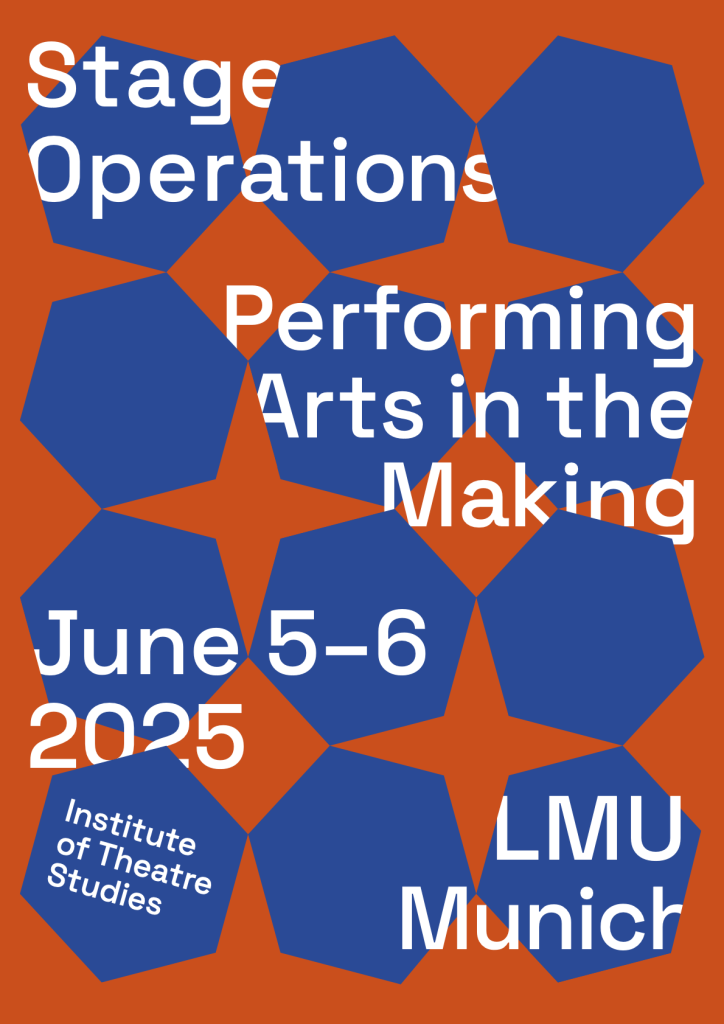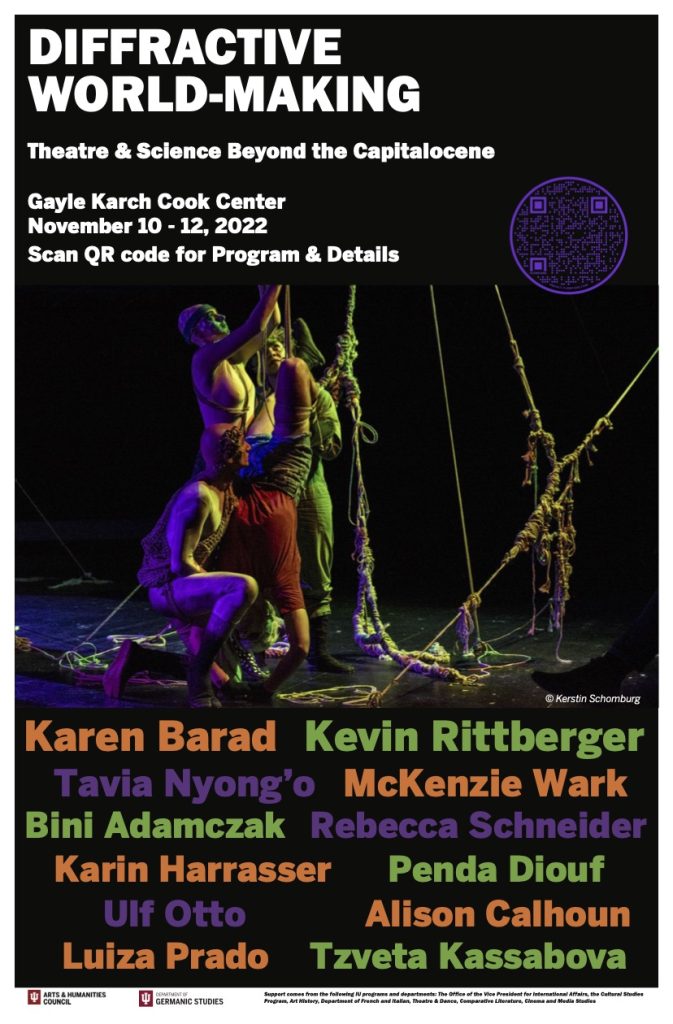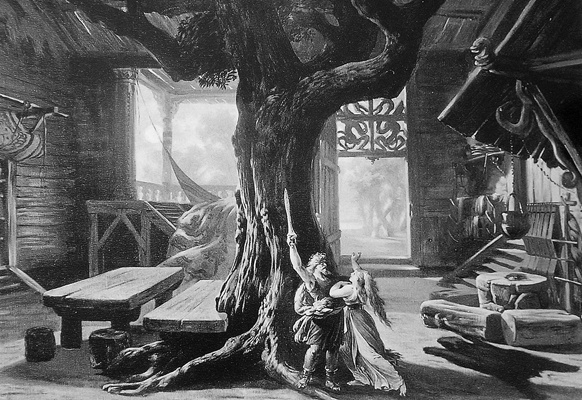Workshop at the Institute of Theatre Studies, LMU Munich, 5–6 June 2025

Performances might be ephemeral, fragile associations of people assembled in the here and now. But at the same time, they are material arrangements, produced by organisations called theatres: assemblies of a bigger scale and of a more stable kind, that bring together a diverse cast of actants and are intricately entangled with all kinds of socio-technical infrastructures. How do these theatres work? What part does backstage labour play in the making? And why does it matter if academics care?
An ongoing interest in artistic production and its institutional frameworks has led to an uptake of empirical methods in Theatre Studies. But often such approaches have been reduced to an expansion of performance analysis, with research largely staying within a hermeneutic horizon. In our experience however, the epistemic benefit of researchers leaving the stalls and entering theatre through the stage door lies instead in getting performance out of sight, opening the possibility to encounter a different kind of theatre, or rather theatres in the plural. Though still at the horizon, performance here is less of a given, but a thing in the making, constantly fraying at the ontological edges: a fluid entity, more concrete and less defined than the demarcated spatio-temporal encounter between humans that theory has identified as theatre’s essence.
In practice then, we would claim, performativity is less a matter of post-heroic acts of speech and gesture but of the entangled doings of all kinds of things and people at work in theatre. It is a very pragmatic matter of constant tinkering – a matter in need of empirical study. This methodological reorientation raises bigger questions about the disciplinary outlook of Theatre Studies and its epistemic position and calls for a transdisciplinary perspective.
Taking our cue from a pragmatic sociology of art and ethnography of music, the field of Science and Technology Studies and (post-)ANT, we invite scholars of all career stages to take a closer look at the practices that make theatre work: the crafting of stuff and the operation of machines, the administration of people and the logistics of things, the distribution of work and the organisation of time. We are especially interested in ethnographical or historiographical case studies that move beyond the focus on artistic products and heroic tales of their creation.
The aim of the workshop is threefold: to empirically describe theatre as a site of production and a workplace; to build interdisciplinary bridges to related research projects in neighbouring disciplines; and to contribute to a pragmatic rethinking of performativity.
The workshop is part of the research project “The Art of Crafts. A Praxeography of the Theatre Apparatus,” realized by Prof. Dr. Ulf Otto, Anna Raisich, M.A.,at LMU Munich, and funded by the German Research Foundation.

